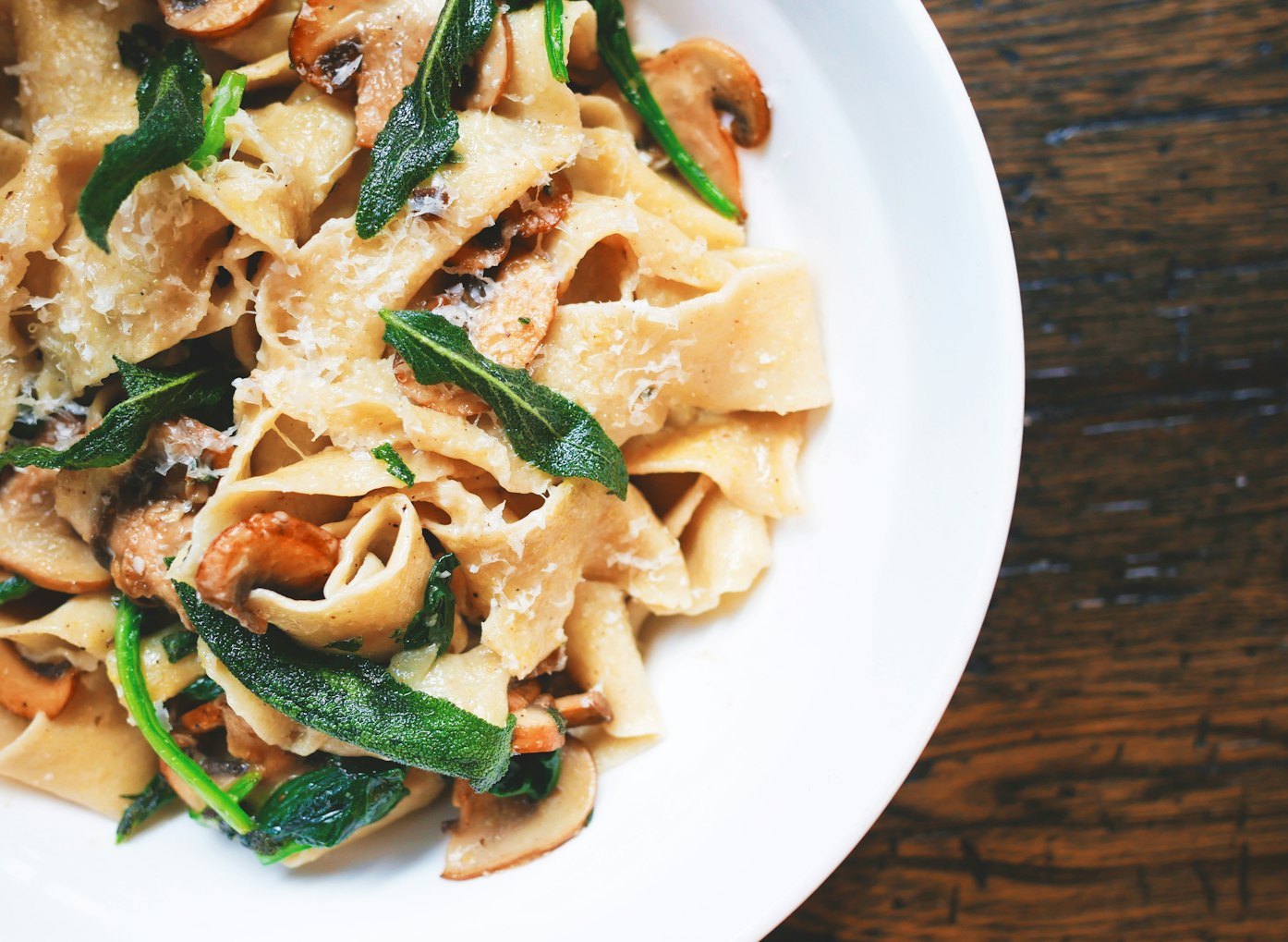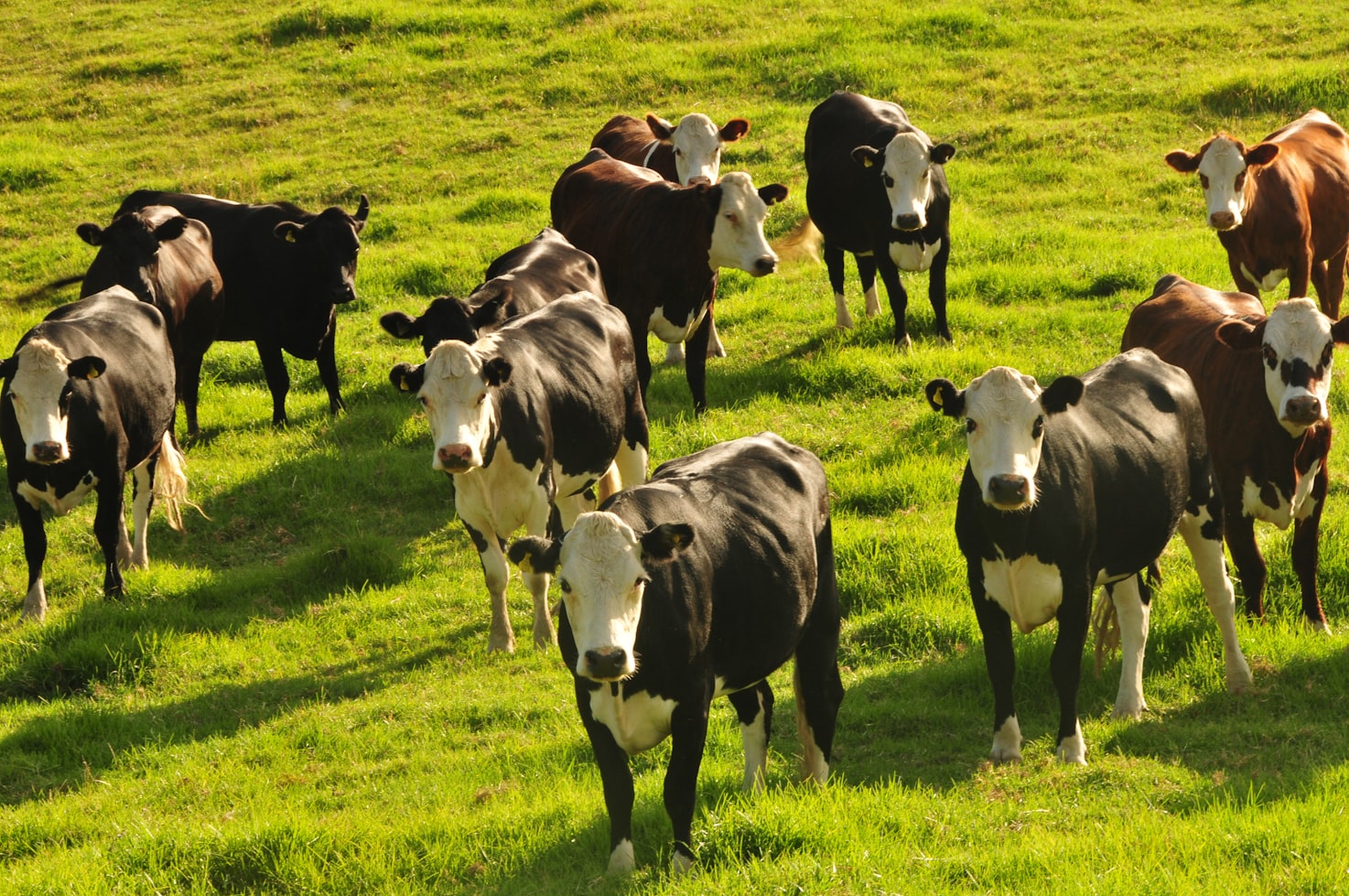Why Am I Not In Ketosis With No Carbs
Following a low-carb or ketogenic diet has gained popularity in recent years due to its potential health benefits, including weight loss and improved blood sugar control. The cornerstone of these diets is the reduction of carbohydrate intake, typically to less than 50 grams per day. However, some individuals may find themselves not achieving ketosis, even when adhering to a strict no-carb regimen. In this article, we will explore the reasons why you may not be in ketosis despite consuming no carbs, backed by research and expert insights.
1. Hidden Carbohydrates
One common reason for not entering ketosis despite avoiding carbs is the presence of hidden carbohydrates in your diet. While you may be consciously avoiding obvious sources of carbs like bread, pasta, and sugary foods, there are many hidden sources that can add up quickly. These include:
- Condiments and sauces: Ketchup, barbecue sauce, and salad dressings often contain added sugars and can contribute to carb intake.
- Processed meats: Some processed meats, such as sausages and deli meats, may contain fillers or additives that contain carbohydrates.
- Low-carb products: Certain low-carb products marketed as keto-friendly may still contain small amounts of carbs that can accumulate over the course of the day.
To ensure you are truly consuming no carbs, it is essential to carefully read food labels and be aware of hidden sources of carbohydrates.
2. Protein Intake
While a no-carb diet focuses on minimizing carbohydrate intake, it is important to remember that excessive protein consumption can also hinder ketosis. When protein intake is too high, the body can convert excess protein into glucose through a process called gluconeogenesis. This can provide an alternative fuel source for the body, preventing the switch to ketosis.
It is recommended to moderate protein intake and prioritize consuming adequate healthy fats to promote ketosis. Consulting with a registered dietitian or nutritionist can help determine the appropriate macronutrient ratios for your specific needs.
3. Individual Metabolic Variations
Every individual’s metabolism is unique, and some people may have a higher carbohydrate tolerance than others. While most individuals will enter ketosis with a low-carb diet, there may be variations in the threshold for achieving ketosis. Factors such as genetics, activity level, and overall metabolic health can influence how quickly and easily someone enters ketosis.
If you are not experiencing ketosis despite following a no-carb diet, it may be worth considering individual metabolic variations and exploring other dietary approaches that align better with your body’s needs.
4. Stress and Cortisol Levels
Stress can have a significant impact on our body’s ability to enter ketosis. When we experience stress, our body releases cortisol, a hormone that can increase blood sugar levels. Elevated blood sugar can inhibit ketone production and prevent the body from entering a state of ketosis.
Managing stress through techniques such as meditation, exercise, and adequate sleep can help regulate cortisol levels and support ketosis. Additionally, incorporating stress-reducing activities into your daily routine can have a positive impact on overall health and well-being.
5. Insufficient Fat Intake
One of the key principles of a ketogenic diet is the emphasis on consuming healthy fats. Fats are the primary source of energy in a ketogenic diet, and insufficient fat intake can hinder the body’s ability to enter ketosis. If you are not consuming enough fat, your body may not have an adequate fuel source to produce ketones.
Ensure you are incorporating a variety of healthy fats into your diet, such as avocados, nuts, seeds, olive oil, and coconut oil. These fats not only support ketosis but also provide essential nutrients for overall health.
6. Medical Conditions and Medications
Some medical conditions and medications can interfere with ketosis. For example, certain medications used to manage diabetes or epilepsy may affect the body’s ability to enter ketosis. Additionally, hormonal imbalances or underlying metabolic disorders can impact ketone production.
If you have a medical condition or are taking medications that may affect ketosis, it is crucial to consult with your healthcare provider. They can provide guidance on how to navigate your dietary choices while managing your condition.
Frequently Asked Questions (FAQ)
1. Can I consume artificial sweeteners on a no-carb diet?
While artificial sweeteners are low in carbohydrates, they can still impact ketosis for some individuals. Some studies suggest that artificial sweeteners may trigger an insulin response, which can hinder ketone production. It is best to limit or avoid artificial sweeteners if you are aiming for ketosis.
2. How long does it take to enter ketosis?
The time it takes to enter ketosis can vary from person to person. Generally, it takes around 2-7 days of strict carbohydrate restriction to deplete glycogen stores and enter ketosis. However, individual metabolic variations and factors such as activity level and overall health can influence the timeline.
3. Can I consume alcohol on a no-carb diet?
Alcohol can disrupt ketosis as it is metabolized before fat. Additionally, many alcoholic beverages contain carbohydrates, which can further hinder ketosis. If you choose to consume alcohol, opt for low-carb options like spirits without mixers or dry wines in moderation.
4. Can I exercise while following a no-carb diet?
Exercise can be beneficial while following a no-carb diet. However, it is important to note that during intense exercise, the body may rely on glycogen stores for energy rather than ketones. This temporary increase in carbohydrate usage may delay or reduce the time spent in ketosis. It is recommended to prioritize low to moderate-intensity exercise for optimal results.
5. Can I consume dairy products on a no-carb diet?
Dairy products can be included in a no-carb diet, but it is essential to choose full-fat options and be mindful of lactose content. Some individuals may be sensitive to lactose, a naturally occurring sugar in milk, which can impact ketosis. If you experience any adverse effects, consider reducing or eliminating dairy from your diet.
6. Can I use exogenous ketones to achieve ketosis?
Exogenous ketones are supplements that provide ketones from an external source. While they can temporarily increase blood ketone levels, they do not guarantee or enhance fat burning or ketosis. It is best to focus on dietary changes and lifestyle modifications to achieve and maintain ketosis naturally.
Summary
Entering ketosis with no carbs can be a challenging process influenced by





